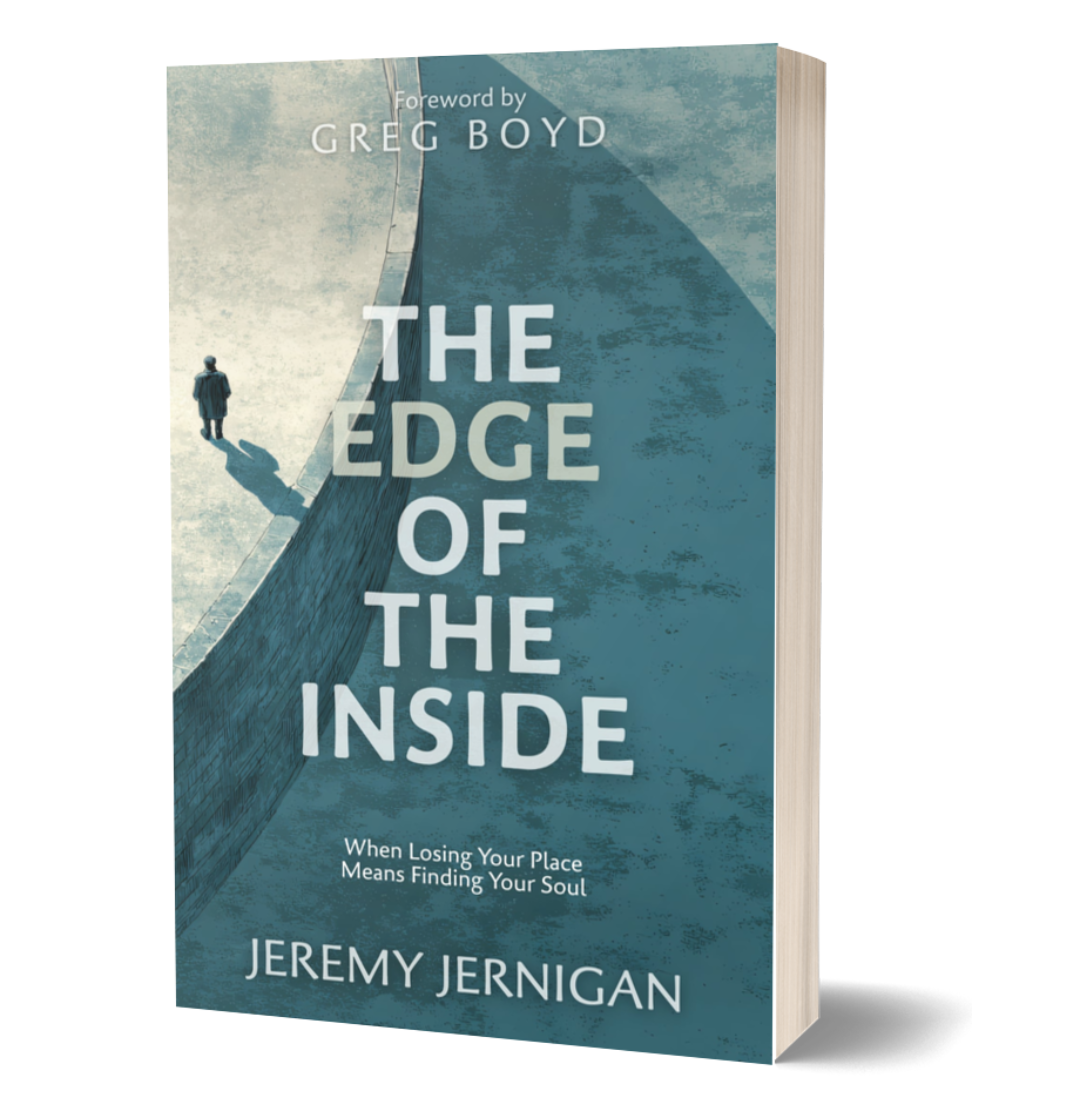Real Love Requires Risk

I recently exchanged emails with a friend who follows my blog. He was responding to my podcast episode about Jesus’ words in Matthew 25 (see: What Makes a Nation Christian?). You may remember the episode in question. It's where Jesus doesn’t mention church attendance, correct doctrine, or having the right theology about our sexuality. Instead, he talks about things like feeding the hungry, clothing the naked, and welcoming the stranger.
My friend made an honest observation: “I wouldn’t want someone staying in my home who hadn’t been vetted.” Which is a fair point. Most of us have locks on our doors and don’t hand out our house keys to strangers. But I keep thinking about this dilemma, because it touches on a tension that always simmers just beneath this conversation:
How do we love our neighbor when it puts us at risk?
This question lies at the heart of many of our modern debates, particularly those surrounding immigration. The reason so many people in our country are okay with immigrants being demonized or deported is because there's a pervasive narrative of fear. Fear they’ll take our jobs. Fear they’ll commit crimes. Fear they’ll change “our way of life,” which usually means we’d have to interact with people who don’t look like us, talk like us, or care about the things we care about.
Even though I think those fears are unfounded in most cases, let’s entertain the argument. Let’s assume that welcoming the stranger actually does increase the risk to our safety. Now what?
The German theologian Martin Luther (1483 - 1546) has some intriguing thoughts on this subject. While I disagree with Luther on plenty (including his heartbreaking antisemitic rants late in life), he had some compelling things to say about the cost of loving our neighbor.
If I see that [my neighbor] is hungry or thirsty, I cannot ignore him but must offer food and drink, not considering whether I would risk impoverishing myself by doing so. A man who will not help or support others unless he can do so without affecting his safety or his property will never help his neighbor. He will always reckon with the possibility that doing so will bring some disadvantage and damage, danger and loss. No neighbor can live alongside another without risk to his safety, property, wife, or child.
No neighbor can live alongside another without risk.
In other words, risk is inherent in the nature of love. You can’t surgically remove it. If you wait until it’s safe to be generous, you’ll never get around to it. Luther’s point is sobering: if love only happens in safe conditions, it isn’t love... It’s just self-preservation.
But he takes the argument even further. Luther explored what role the church should play in a time of plague. Was it okay to prioritize your own life and flee to safety?
Through the lens of neighbor love, what is most concerning about the city is not that it has a dangerous plague but that it has suffering neighbors who need help. If we are commanded to love them, is leaving a legitimate response?
Luther makes it clear that the opportunity to love a suffering neighbor should outweigh the risk of plague. One can imagine how hard this would be to live out if you had both choices in front of you. In these examples, Luther acknowledges that real love requires risk. It is a tough pill for us to swallow, but I suspect we cannot get around this if we are to love our neighbors as Jesus has called us to do.
Love always costs something. Sometimes it costs safety. Sometimes reputation. Sometimes resources. But it will always cost something. And if it doesn’t, it probably isn’t love.
This is what makes it so difficult to follow Jesus. Jesus didn’t say, “Love your vetted, low-risk, background-checked neighbor.” He said, “I was a stranger, and you invited me in” (Matthew 25:35). Then, as today, the stranger comes with risk. However, as we see in these examples, even loving our neighbor (who may not be a stranger) might also come with risk.
When we reduce our compassion to risk calculations, we end up with policies that protect us from the people Jesus told us to prioritize. When our safety becomes the measure of our love, we end up with a church that bears little resemblance to the teachings of Christ.
So maybe the question isn’t how can I love my neighbor without risk? Maybe the better question is:
What does love require of me, even if it isn’t safe?
This is the type of Christianity that remakes the world.
Photo by Mark Fletcher-Brown on Unsplash
Sign up with your email and never miss a post!
We hate SPAM. We will never sell your information, for any reason.





